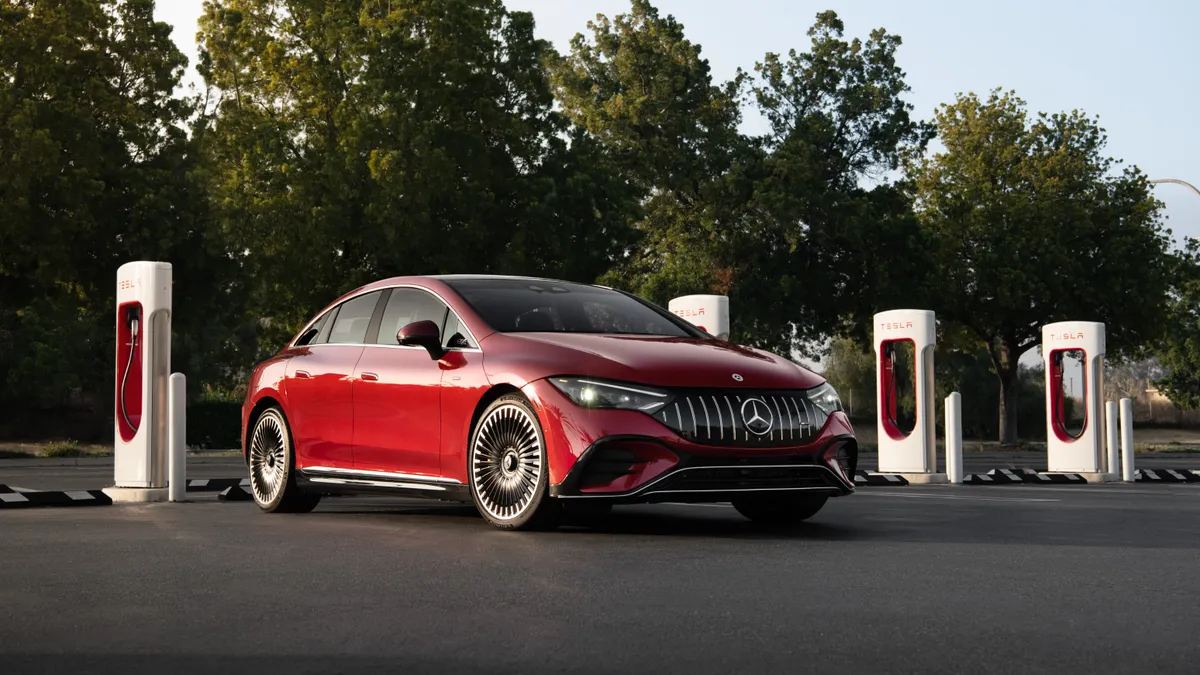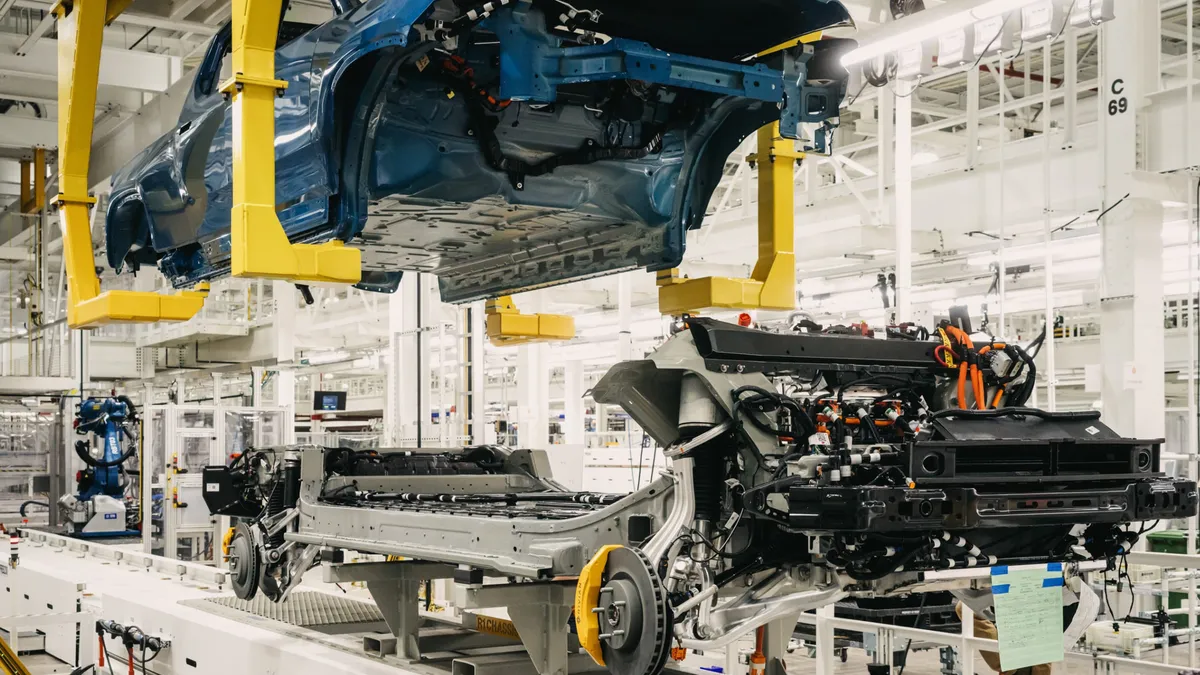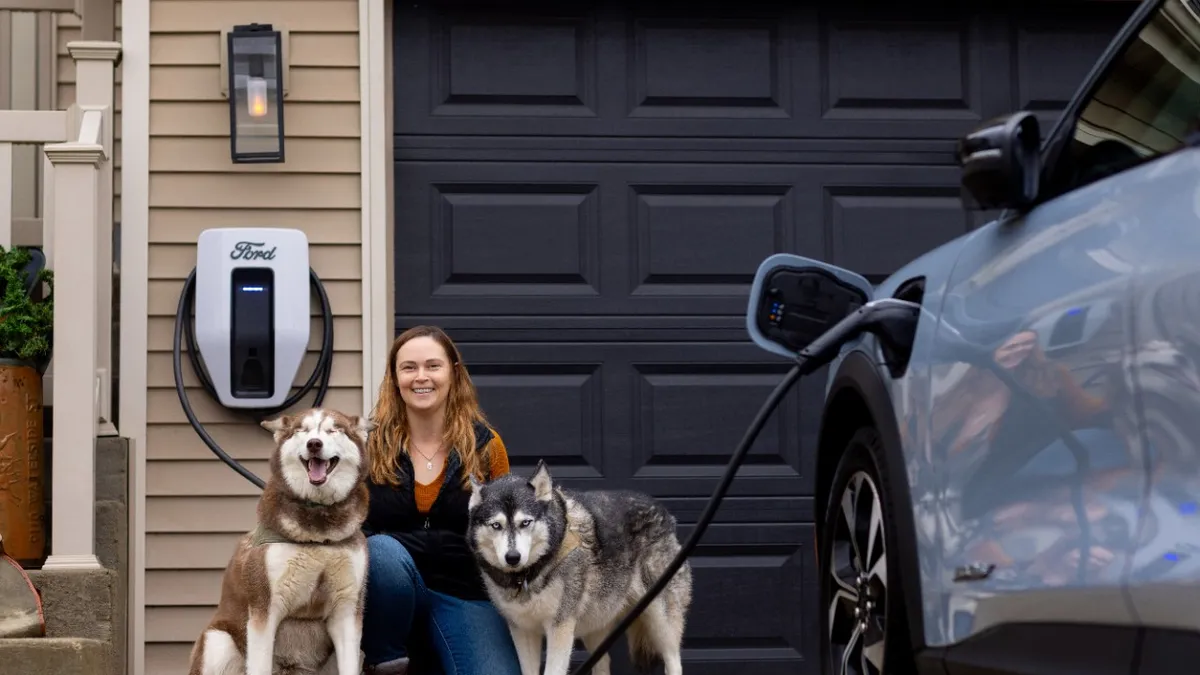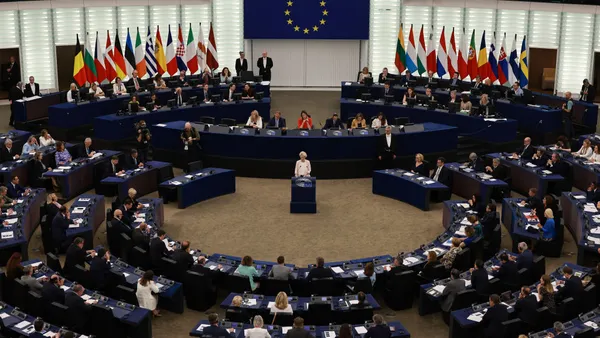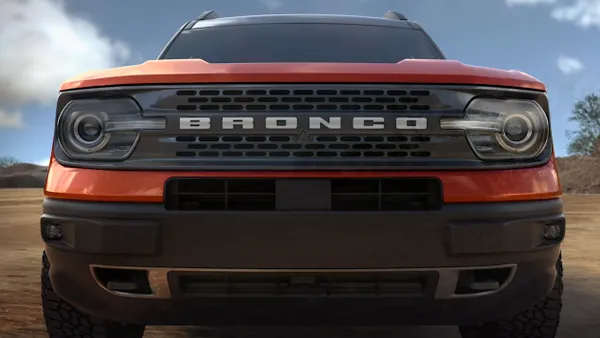Dive Brief:
- Electric vehicle owners are still having trouble with poor public charging access and limited battery range, according to the J.D. Power 2024 U.S. Electric Vehicle Experience Ownership Study published last month.
- EV drivers are also increasingly concerned about more traditional considerations like quality, reliability and ownership costs.
- “As EVs extend to the broader market, minimizing problems will be key to meeting consumer expectations,” said Brent Gruber, executive director of the EV practice at J.D. Power, in a statement.
Dive Insight:
EV sales began to slow at the end of 2023 amid greater competition, high interest rates and a lack of EV charging infrastructure, leading automakers to curb their EV plans and invest more in hybrids.
Automakers are attempting to address consumers’ charging concerns by creating new charging networks and adopting Tesla’s charging standard, giving them access to the EV leader’s well-regarded Supercharger network. The 2021 infrastructure law invested $7.5 billion in public charging infrastructure, with the first charging station funded by the law going online in December.
Even so, the study, which surveyed 4,650 owners of 2023 and 2024 model-year EVs and plug-in hybrids, found public charging is getting worse. J.D. Power found that public charging access satisfaction fell significantly among mass-market EV owners compared with last year’s survey, making it the worst aspect of owning an all-electric vehicle.
“The industry should view this lack of improvement as a critical issue that requires decisive action,” Gruber said.
In addition, EV drivers with more than a year of ownership experience were more likely to be satisfied with their cars than those who transitioned recently. About two in five first-time EV owners said they would consider a traditional internal-combustion-engine vehicle in the future. In comparison, just one in five long-time EV owners said the same.
Moreover, as EVs gain popularity, the average rating of mass-market brands has started to outperform premium EVs, the survey found. Seven new models joined this year’s survey, including four mass-market vehicles. The highest-ranked, mass-market vehicle — the Mini Cooper Electric — outranked all premium EVs, except the BMW i4 and Rivian R1S and R1T. Both the BMW i4 and Mini Cooper Electric received higher ownership satisfaction ratings than the highest-ranked mass-market and premium EVs in last year’s survey.
In addition, almost half of first-time EV owners said they would consider purchasing a plug-in hybrid one day, while a little more than a third of long-time EV owners said they would consider a plug-in hybrid. However, according to J.D. Power, plug-in hybrid owners are much less satisfied with their vehicles than all-electric owners.
“Expected lower running costs is a top purchase reason for EVs but satisfaction with the cost of ownership is much lower for plug-in hybrids,” Gruber said. “Plug-in hybrids retain the costs of maintaining a traditional powertrain yet without the benefit of the extended electric driving range found in full battery electric vehicles.”
EV sales grew from 5.9% in 2022 to 7.6% in 2023, according to Cox Automotive.


